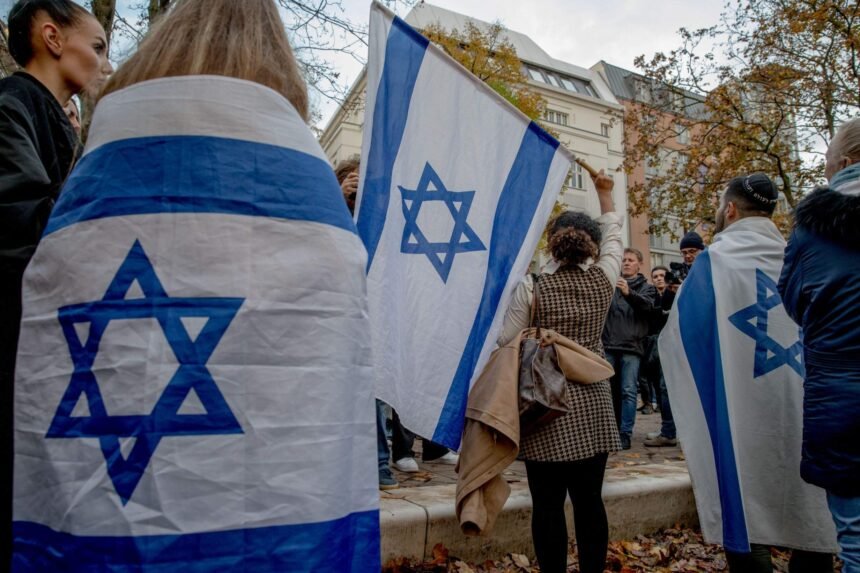The International Court of Justice (ICJ) has issued a compelling directive, urging Israel to take immediate action to prevent the possibility of genocide in Gaza. The court’s ruling comes as a response to mounting concerns over the ongoing conflict in the region, which has raised alarms about potential humanitarian crises.
The ICJ, based in The Hague, deliberated on the urgent matter and invoked its authority to intervene, demanding that Israel undertake all necessary measures to prevent any acts that could lead to genocide. The court’s decision underscores the gravity of the situation and places a legal obligation on Israel to protect the lives of civilians in Gaza.
The conflict in Gaza has been a longstanding source of tension, with periodic escalations leading to widespread suffering and loss of life. The ICJ’s intervention is a significant step in addressing the pressing humanitarian concerns arising from the conflict, particularly the fear of acts that may constitute genocide.
The court’s directive carries moral and legal weight, emphasizing the international community’s commitment to preventing atrocities and protecting human rights. It reinforces the principle that no nation is above the law when it comes to safeguarding the lives and well-being of innocent civilians.
All About It
While the ICJ’s ruling does not adjudicate on the broader political issues underlying the conflict, it explicitly calls for concrete actions to avert any potential genocidal acts. The urgency of the directive reflects the international community’s shared responsibility to prevent atrocities and promote peace.
Israel, as a member of the United Nations and a party to various international conventions, is bound by the ICJ’s decision. The court’s directive requires Israel to cooperate fully in implementing measures that effectively prevent genocide and protect the civilian population in Gaza.
As the world watches, the ICJ’s intervention sends a clear message about the global community’s commitment to upholding human rights and preventing the recurrence of historical tragedies. The court’s decision is a reminder that international law serves as a crucial tool for holding nations accountable for actions that may lead to mass atrocities.
Moreover, the ICJ’s directive to Israel to prevent potential genocide in Gaza marks a pivotal moment in the ongoing conflict. It reaffirms the international community’s dedication to protecting human rights and preventing atrocities, sending a resounding message about the imperative to act swiftly and decisively to avert a humanitarian crisis.
